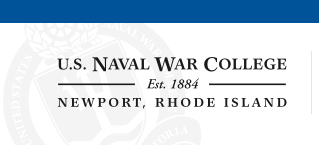
Women, Peace, and Security
Files
Download Full Text (382 KB)
Description
An understanding of the phenomenon of ‘Female Radicalization’ in Pakistan remains either an ‘exaggerated fact’ or a ‘conveniently ignored reality’. This paper aims to deconstruct this nexus from an ‘inside-out and outside-in’ approach focusing on the case of the Jamia Hafsa (a female seminary affiliated with the lal Masjid) in Islamabad. Major takeaway is, female role in the radicalization process sliding into political violence range from eihter being a ‘facilitator, fundraiser, silent spectator’ or ‘an agent of moderating extremism and societal peace’ in the country.
For ‘sustainable peace’, women as an equal stakeholder in the state’s CVE (Countering Violent Extremism) policy is proposed. That is, contextual and ideational pathways of how and why women join and how best female agency can mediate, subvert and resist such trends remains a complex reality.
In crux, there is an urgent need to ‘learn to unlearn’ the prevalent modus operandi of the countering violent extremism at the state and international level both in theory and practice. To ensure a meaningful role of women in the CVE policy an equal access to education, economic, social, political is critical as stipulated in the UN 1325 resolution. Here, sharing best practices through dialogue and debate can be one of the most viable mean to craft an inclusive CVE (countering Violent Extremism) enterprise.
Publication Date
May, 2023
Publisher
U.S. Naval War College
City
Newport, Rhode Island
Keywords
Pakistan, female radicalization, terrorism, Jamia Hafsa, Lal Masjid, CVE, Countering Violent Extremism, ideology
Recommended Citation
Fayyaz, Dr. Shabana, "Female Radicalization in Pakistan – A Case Study of Jamia Hafsa" (2023). Women, Peace, and Security. 29.
https://digital-commons.usnwc.edu/wps/29


